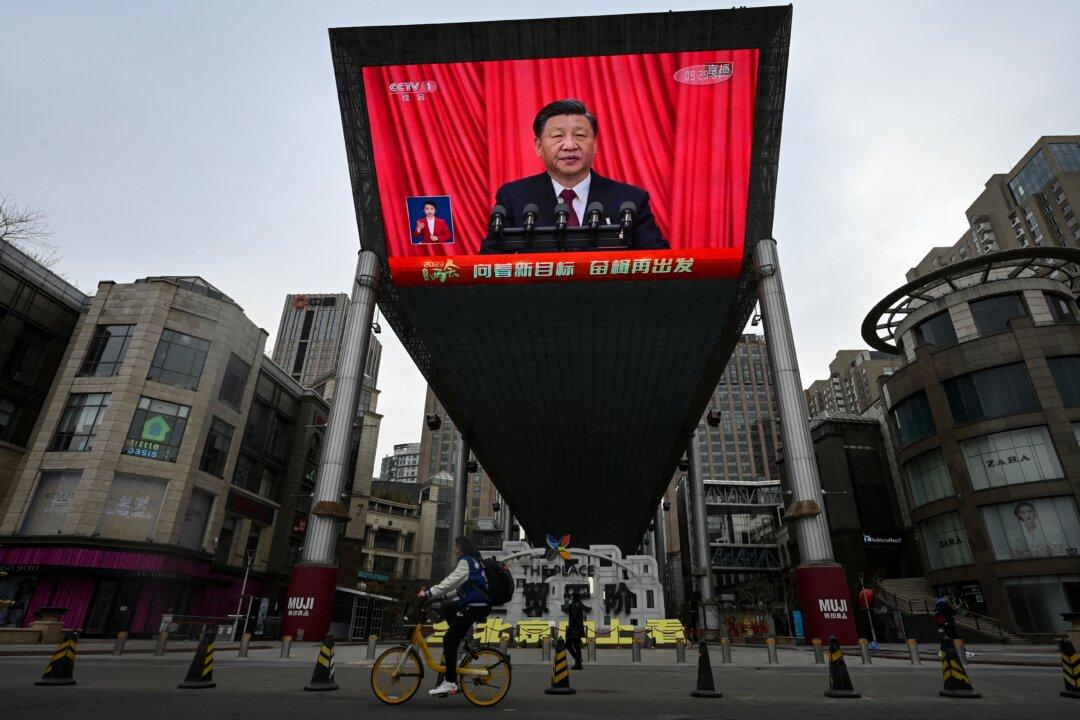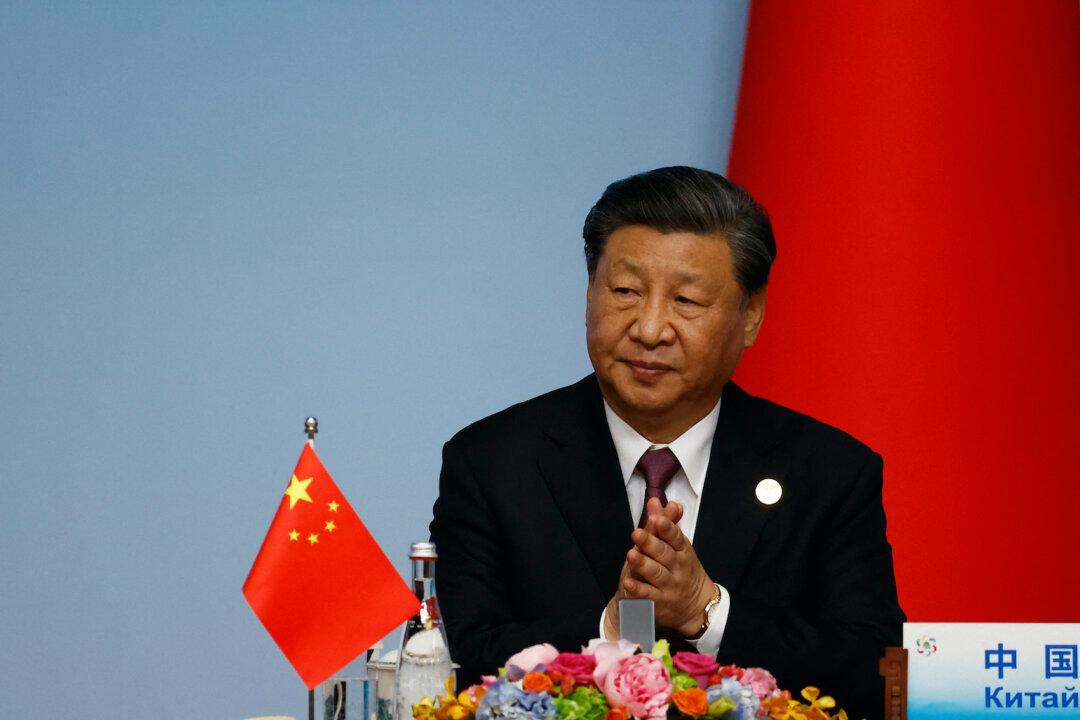Australia-based Yuan Hongbing, a former law professor at Peking University, has a unique perspective on the CCP and its leader Xi Jinping. In a recent exclusive interview on The Epoch Times’ Pinnacle View program, Mr. Yuan said he believes that a war in the Taiwan Strait is inevitable because of Mr. Xi’s idealist goal of CCP dominance.
Since the beginning of the Russia–Ukraine War, China–Taiwan relations have become a global political and economic focus, and political analysts and pundits are divided on whether or not the Chinese Communist Party (CCP) will launch an invasion of Taiwan, and when it will start. Professor Yuan Hongbing, who is well-versed in the CCP’s mentality and has had direct contact with Xi Jinping, shared his insight. He believes that understanding Mr. Xi’s thinking and reasoning is critical in discussions around China’s potential war with Taiwan.




